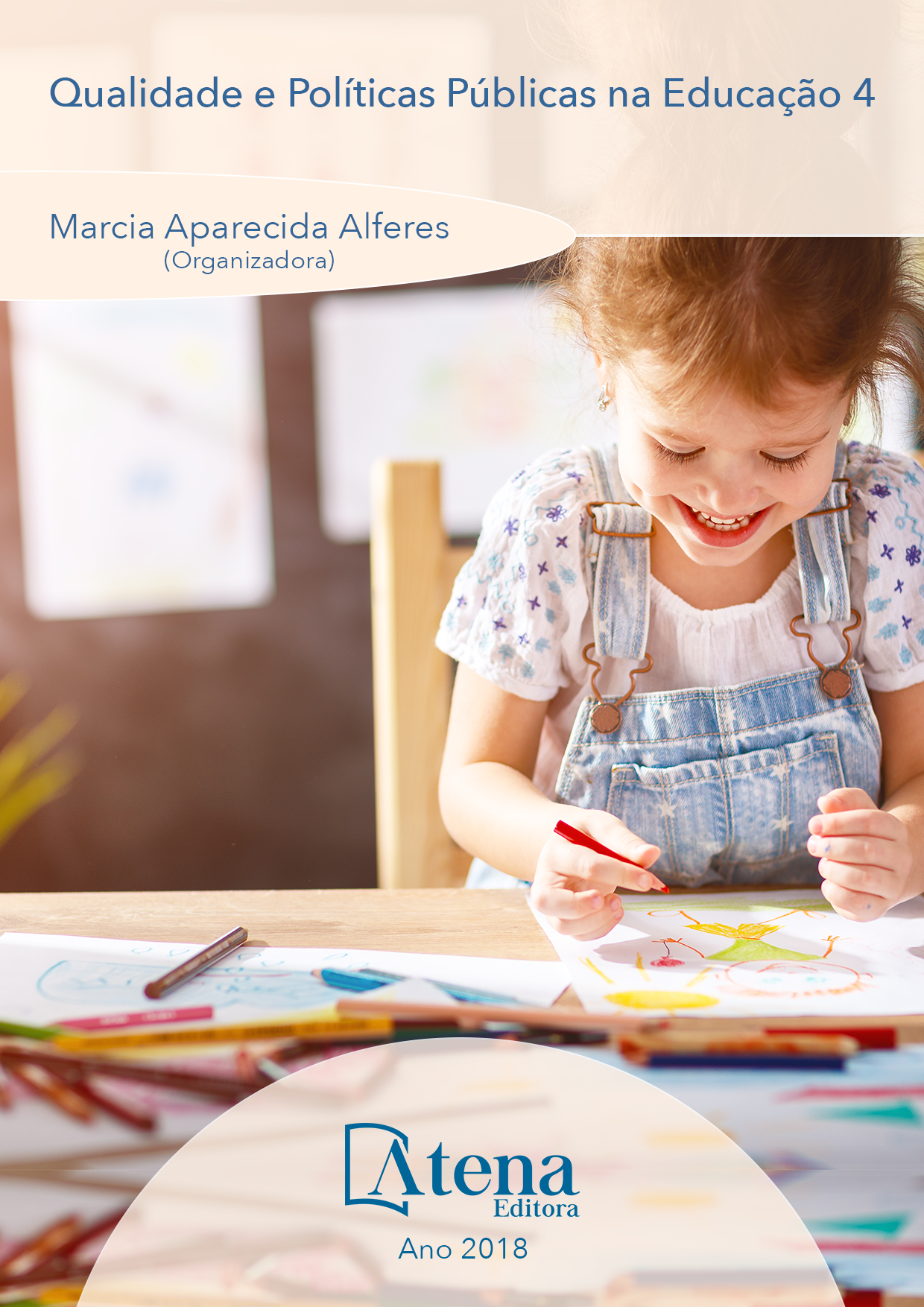
INFÂNCIA E CULTURA LÚDICA NA PERSPECTIVA DE GILLES BROUGÈRE
Tal pesquisa tem como objetivo o
estudo do conceito de cultura lúdica e infância de
acordo com o autor Gilles Brougère, verificando
o entendimento da importância de tais conceitos
para a educação e na aprendizagem da criança.
Trata-se de uma pesquisa teórica, com base
em textos do próprio autor e outros autores
que utilizam tal conceito em seus estudos. Com
isso constatamos que a cultura lúdica é uma
cultura específica do brincar, e como qualquer
outra cultura é específica de cada sujeito e
deve ser aprendida. Com isso, entende-se
que, a apropriação da cultura lúdica, assim
como toda cultura, se dá por meio das relações
sociais das quais a criança participa, e pode
ser criada a partir da participação em novas
brincadeiras, da observação de outras pessoas
brincando e até mesmo pela transmissão oral
de novas maneiras de brincar, sendo que, o
primeiro ambiente formador de tal cultura, são
as brincadeiras entre mães e bebês. Portanto,
a cultura lúdica é algo presente no cotidiano
da criança, e que deve ser explorado, para
que cada indivíduo consiga se apropriar de tal
cultura, e dessa forma se desenvolver na sua
máxima capacidade
INFÂNCIA E CULTURA LÚDICA NA PERSPECTIVA DE GILLES BROUGÈRE
-
DOI: 10.22533/at.ed.1241819126
-
Palavras-chave: Infância. Cultura Lúdica. Gilles Brougère
-
Keywords: Childhood. Play culture. Gilles Brougère
-
Abstract:
This research aims to study the
concept of play culture and childhood according
to the author Gilles Brougère, verifying the
understanding of the importance of such
concepts for the education and in the learning of
the child. This is a theoretical research, based
on the author’s own texts and other authors
who use this concept in their studies. With this
we find that play culture is a specific culture of
play, and like any other culture is specific to
each subject and should be learned. Thus, it is
understood that the appropriation of play culture,
as well as all culture, takes place through the
social relations in which the child participates,
and can be created through participation in new
play, observation of other people joking and
even by the oral transmission of new ways of
playing, and the first environment that forms the
culture is the play between mothers and babies.
Therefore, play culture is something present
in the daily life of the child, and that must be
explored, so that each individual can take
ownership of such culture, and thus develop at
its maximum capacity.
-
Número de páginas: 15
- Letícia Joia de Nois


